Commercial Radon Mitigation
Free Quote Click Here!At All Iowa Radon we pride ourselves in customer satisfaction!
Call us today or fill out the form below for a FREE Quote!
319-231-3963
The Importance of Commercial Radon Mitigation in Carbondale, Iowa
Radon is a naturally occurring gas that can be found in the soil and rocks beneath our homes and businesses. It is odorless, colorless, and tasteless, making it difficult to detect without specialized equipment. Unfortunately, radon is also a known carcinogen, and prolonged exposure to high levels of radon can lead to serious health problems. In Carbondale, Iowa, commercial radon mitigation is an important part of keeping businesses and their employees safe from the dangers of radon. All Iowa Radon is a local company that specializes in radon testing and mitigation services. They use state-of-the-art equipment to detect radon levels in commercial buildings and then provide solutions to reduce those levels. All Iowa Radon offers a variety of services to help businesses reduce their radon levels. These include sealing cracks and openings in the foundation, installing a radon mitigation system, and installing a radon fan to draw the gas away from the building. All Iowa Radon also provides ongoing monitoring services to ensure that radon levels remain low. Commercial radon mitigation is an important part of keeping businesses and their employees safe from the dangers of radon. All Iowa Radon is a local company that specializes in radon testing and mitigation services. They use state-of-the-art equipment to detect radon levels in commercial buildings and then provide solutions to reduce those levels. With their help, businesses in Carbondale, Iowa can ensure that their buildings are safe and healthy for everyone.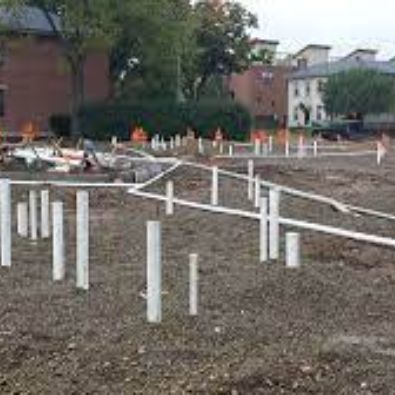
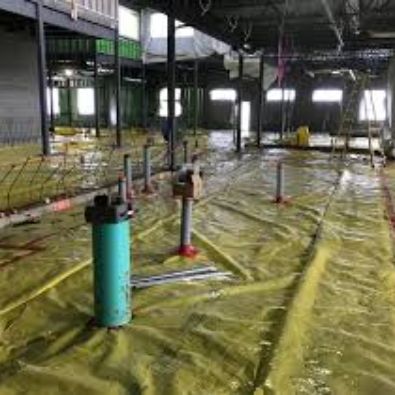
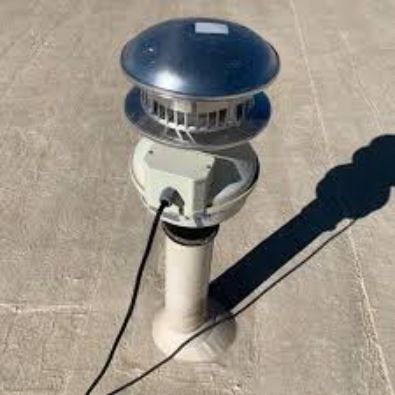
Call Now For A Free Commercial Radon Assessment 319-231-4015
Carbondale, Iowa is a small town located in Jackson County, Iowa. It is home to just over 500 people and is located about 20 miles south of Maquoketa. The town was founded in 1854 and was named after Carbondale, Pennsylvania. It is a rural community with a strong sense of community and a rich history.
Carbondale is home to the oldest continuously operating post office in Iowa. It was established in 1855 and is still in operation today. The town is also home to the oldest continuously operating school in Iowa. The school was established in 1856 and is still in operation today.
Carbondale is home to the oldest continuously operating church in Iowa. The church was established in 1856 and is still in operation today. The town is also home to the oldest continuously operating cemetery in Iowa. The cemetery was established in 1856 and is still in operation today.
Carbondale is home to the oldest continuously operating business in Iowa. The business was established in 1856 and is still in operation today. The town is also home to the oldest continuously operating newspaper in Iowa. The newspaper was established in 1856 and is still in operation today.
Carbondale is home to the oldest continuously operating bank in Iowa. The bank was established in 1856 and is still in operation today. The town is also home to the oldest continuously operating library in Iowa. The library was established in 1856 and is still in operation today.
Carbondale is a small town with a big history. It is home to some of the oldest continuously operating businesses, churches, schools, post offices, newspapers, banks, and libraries in Iowa. It is a great place to visit and explore the history of Iowa.
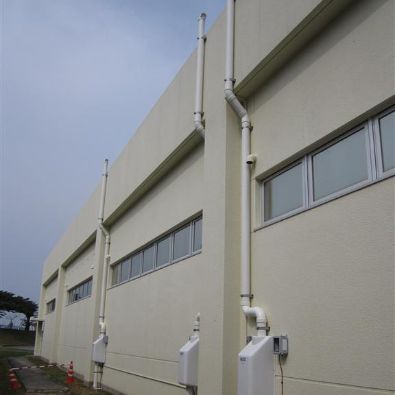
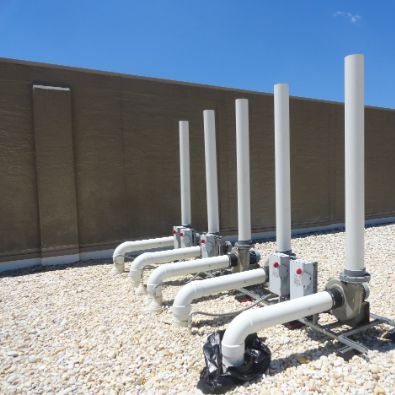
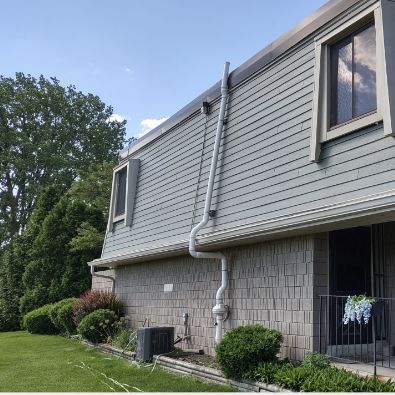
Carbondale, Iowa has a long history with radon. Radon is a naturally occurring radioactive gas that is found in the soil and rocks of the area. It is odorless, colorless, and tasteless, and can be found in both indoor and outdoor air. Radon is the second leading cause of lung cancer in the United States, and it is important to be aware of the potential health risks associated with it.
Radon was first discovered in Carbondale in the late 1800s. At the time, it was thought to be harmless and was used in medical treatments. However, in the early 1900s, it was discovered that radon was a carcinogen and could cause lung cancer. Since then, the town has taken steps to reduce the amount of radon in the air. In the 1950s, the town began testing for radon levels in homes and businesses, and in the 1970s, the town began to require radon testing for all new construction.
In the 1980s, the town began to take more aggressive steps to reduce radon levels. The town began to require radon mitigation systems in all new construction, and they also began to offer free radon testing for all residents. In the 1990s, the town began to require all homes and businesses to have radon mitigation systems installed. The town also began to offer free radon testing for all residents.
Today, Carbondale is one of the leading towns in the United States when it comes to radon mitigation. The town has taken steps to reduce radon levels in the air, and they continue to offer free radon testing for all residents. The town also offers radon mitigation systems for all new construction, and they continue to work to reduce the amount of radon in the air.
Carbondale, Iowa has a long history with radon, and they continue to take steps to reduce the amount of radon in the air. The town has taken steps to reduce radon levels in the air, and they continue to offer free radon testing for all residents. The town also offers radon mitigation systems for all new construction, and they continue to work to reduce the amount of radon in the air.
Contact Us For A Free Quote!
Our team of experts is ready to provide you with personalized guidance and deliver exceptional results.
